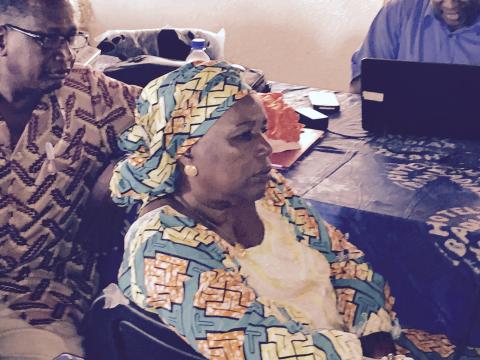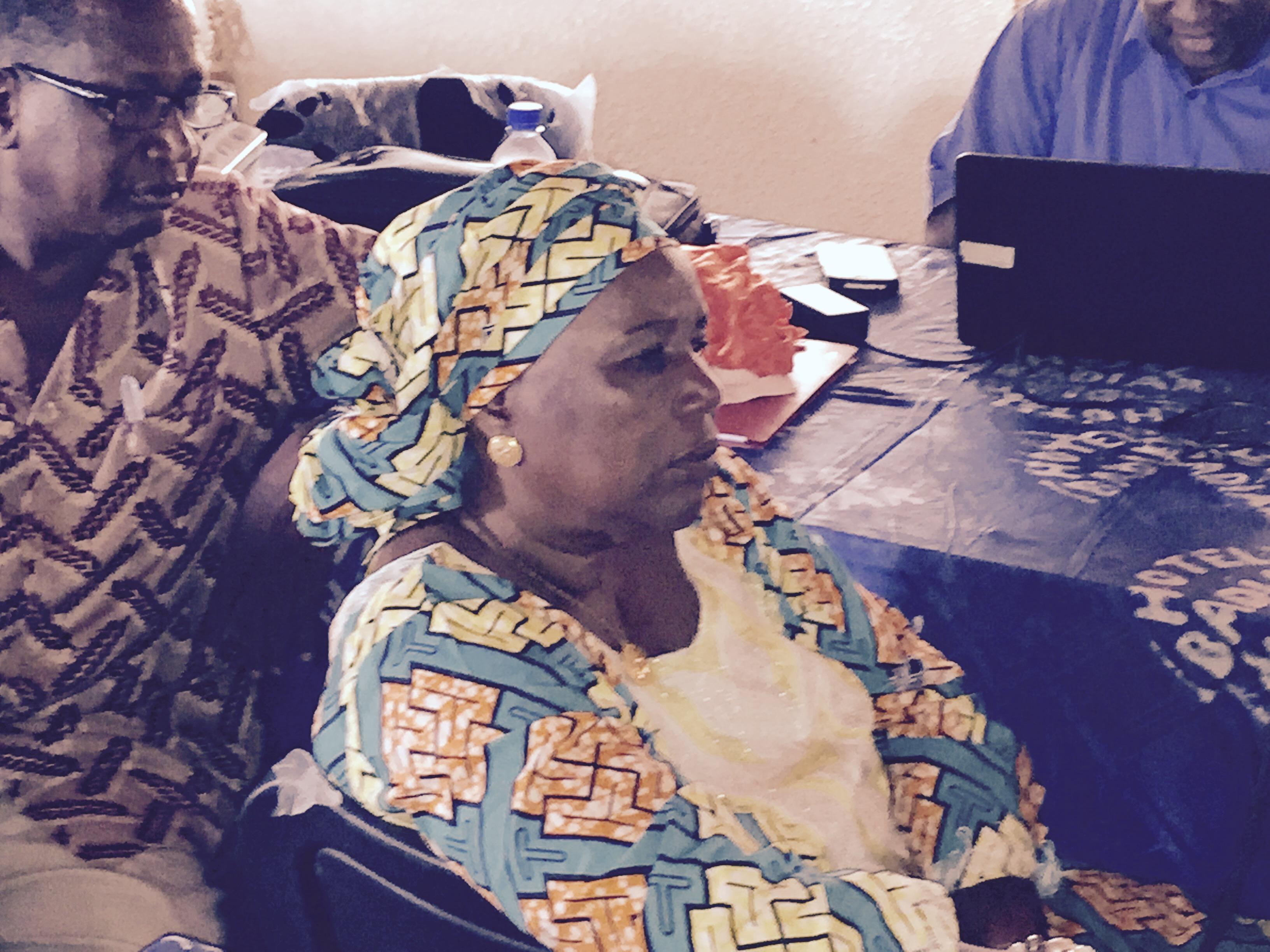
“… In this process, we benefited from a continuous support from WHO through the UHC Partnership with the EU on policy dialogue. When we see the work done despite the difficult circumstances around the Ebola virus epidemic, we can only be proud of the results. “
Dr ML Yansané, Political Advisor to the Minister of Health in Guinea Kindia, September 2015
With the support provided under the EU-LUX-WHO partnership on universal health coverage (UHC), Guinea had already launched, before the Ebola virus outbreak, a review process of its national health policy and its health development plan (PNDS), based on the general health sector assessment (‘Etats Généraux de santé’) carried out in June 2014. Although the Ebola crisis slowed the process down by about a year, it never completely halted it. In fact, from January 2015, the government’s socio-economic recovery efforts allowed for a smooth continuation of this long-term process.
Following two national consultations in the first quarter of this year, the new national health policy, the NHDP 2015-2024, and the Plan for health system recovery and resilience 2015-2017 (PRRSS) corresponding to the first three years of the PNDS, were validated at a meeting chaired by Guinea’s Finance Minister on 16 June 2015. This meeting brought together all key national and international stakeholders working within the health sector in Guinea, including representatives from civil society, non-governmental organizations, bilateral and multilateral agencies. The latter have, on this occasion, expressed their willingness to support the PRRSS and align their actions with the department’s efforts to stop the Ebola epidemic, by namely supporting the health system in its operational component (districts and health regions) and by strengthening sector governance. This plan provided the basis for related ressource mobilisation efforts, particularly those made in New York in July 2015.
To that end, three workshops were held in Kindia in September to October 2015. They were aimed at launching the development of health plans in 38 districts and eight regions of the country, the monitoring and evaluation plan of the PNDS 2015-2024 and the National compact under IHP+. It brought together over 40 participants from different levels of the health system as well as national and international partners.
Once these plans are firmly elaborated, the challenge facing the Ministry of Health in the coming months will be [1] the establishment of a mechanism for channeling funds pledged by technical and financial partners at international meetings in recent months towards the socio-economic reconstruction of the three Ebola-affected countries, that [2] finding solutions for the many remaining challenges (human resource deficiency, deficient supply of essential drugs, monitoring of diseases with epidemic risks, prevention and infection control, etc.) still preventing the country’s health system to provide the services and quality of care needed to regain the population’s trust in its’ public health centres and hospitals.
The next step will be a joint annual review of the health sector, foreseen to be held in January 2016.
